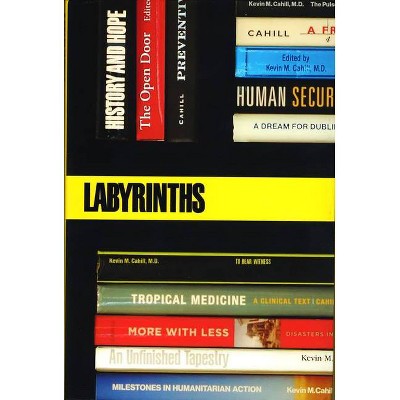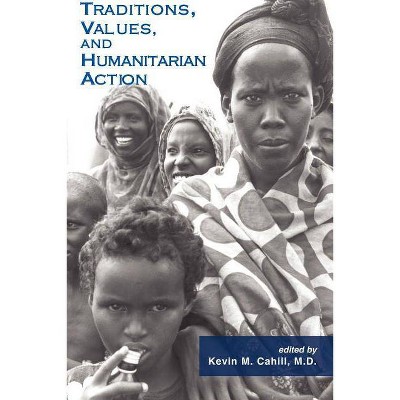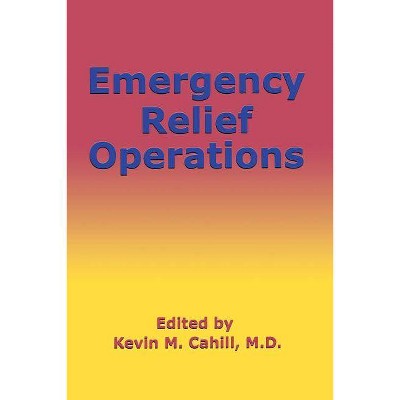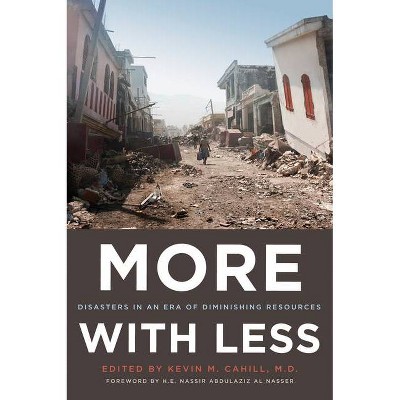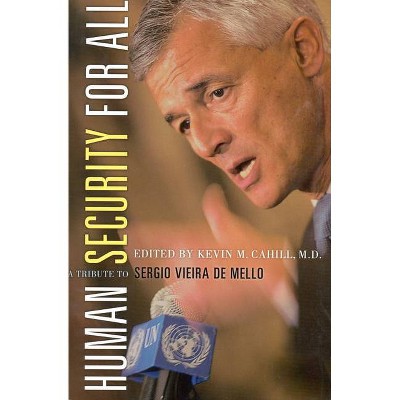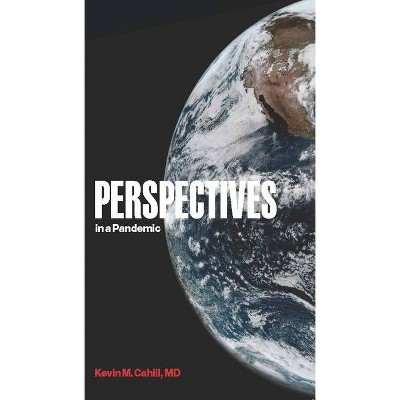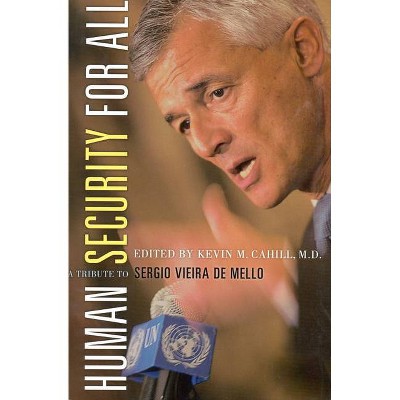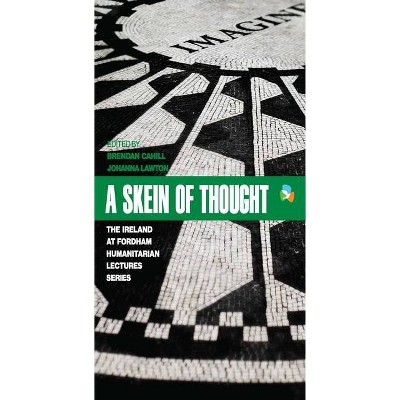The Pulse of Humanitarian Assistance - (International Humanitarian Affairs) by Kevin M Cahill (Paperback)
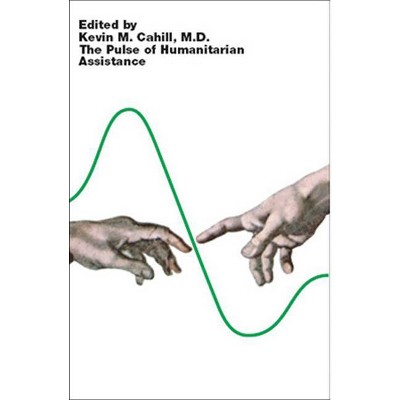
Similar Products
Products of same category from the store
AllProduct info
<p/><br></br><p><b> About the Book </b></p></br></br>The complex nature of international humanitarian action-- particularly following natural disasters or armed conflicts-- has been considered in seven previous volumes in this series. This text explores some of the cutting edge concerns and observations, both positive and negative, that will affect how assistance is offered in the future. Military/civilian cooperation, for example, has been long recognized as essential in large scale disasters and much effort has been devoted to improved training for professionals in both disciplines. Innovative approaches fostering effective cooperation worked in the catastrophic 2005 Pakistan earthquake and those lessons are presented here. The growth of private armies is, however, an example of the changing world where delivery of essential aid will undoubtedly be affected for both military and civilian workers in humanitarian crises. How traditional non-governmental organizations (NGOs) and particularly faith based agencies will adapt to new challenges while retaining the value system that is their raison d'etre is explored in this text. The philosophic and realistic bases for security for humanitarian workers, refugees and internally displaced persons, or those in societies in transition after wars are but some of the issues presented by internationally respected authors.<p/><br></br><p><b> Book Synopsis </b></p></br></br><p>Understanding the complex nature of international humanitarian action--particularly following natural disasters or armed conflicts--has been the mission of this unique series. This book explores the cutting-edge concerns that will affect how assistance is offered in the future. <p/>Featuring twelve original essays by leading practitioners, policymakers, and scholars, the book is a state of the field report on problems, threats, and opportunities facing relief efforts in today's world. <p/>With contributions from such authorities as Bernard Kouchner, founder of Doctors Without Borders, Charles McCormick, CEO of Save the Children, and physicians, military leaders, field workers, and others, the essays<br>confront the most critical issues facing the delivery of effective relief. <p/>The issues include military and civilian cooperation in large-scale disasters, with special attention to the growth of private armies. How traditional nongovernmental organizations and faith-based agencies adapt to new<br>challenges is also explored. Ways to strengthen security for humanitarian workers, refugees, and internally displaced persons and those in transition after wars are also considered. <p/>Bringing together diplomatic, military, medical, legal, political, religious, and ethical perspectives from experiences in Darfur, West Africa, Iraq, Pakistan, and other areas, the essays offer an authoritative inventory of where humanitarian relief has been, and how it must change to save lives and communities in peril.</p><p/><br></br><p><b> Review Quotes </b></p></br></br><br><p>In taking the pulse of humanitarian assistance, Dr. Cahill and his<br>impressive array of authors detect a steady heartbeat behind the<br>battered and bruised exterior of current relief operations.<br>Shrinking humanitarian space, the frustrations of inadequate<br>protection, the rarity of social justice, the challenges of<br>building local capacity and the need to move from first aid to<br>recovery all amount to a call for action. This book addresses these<br>issues with clinical clarity, and responds with a clear moral voice.<br>CPR in print.</p><b>-----Dirk Salomons, <i>Columbia University</i></b><br><br><p>We are living in agonizingly complicated times, when a volunteer doctor<br>from Kansas may find herself repairing the broken bodies of an ethnic<br>conflict on a continent far away. She may one day look up to see a child<br>whose bones she mended a year ago now standing before her, machete in hand, <br>threatening murder. Whether they work for organizations like the Red Cross, <br>for United Nations agencies or for their governments, the world-over<br>humanitarians now find themselves in great confusion. This is an enormous, <br>soul-searching moment in history, brilliantly clarified and focused by The<br>Pulse of Humanitarian Assistance.</p><b>-----Laurie Garrett, <i>Pulitzer Prize winning writer, author of Betrayl of Trust, Senior Fellow for Global Health, Council on Foreign Relations</i></b><br><br>This timely book discusses the many challenges facing humanitarians in their increasinglinly complex work. Kevin Cahill and his expert contributors have correctly identified what constitutes the pulse of humanitarian assistance, and many of the dilemmas it faces, in a thoughtful and constructive way.<b>-----Tom Arnold, <i>CEO, Concern Worldwide</i></b><br><p/><br></br><p><b> About the Author </b></p></br></br><br><strong>Kevin M. Cahill</strong>, M.D., is University Professor and Director of Fordham University's Institute for International Humanitarian Affairs and President of The Center for International Humanitarian Cooperation in New York City. He has also served as Chief Adviser for Humanitarian and Public Health issues for successive Presidents of the United Nations General Assembly.<br>
Price History
Cheapest price in the interval: 40 on November 8, 2021
Most expensive price in the interval: 40 on December 22, 2021
Price Archive shows prices from various stores, lets you see history and find the cheapest. There is no actual sale on the website. For all support, inquiry and suggestion messagescommunication@pricearchive.us

